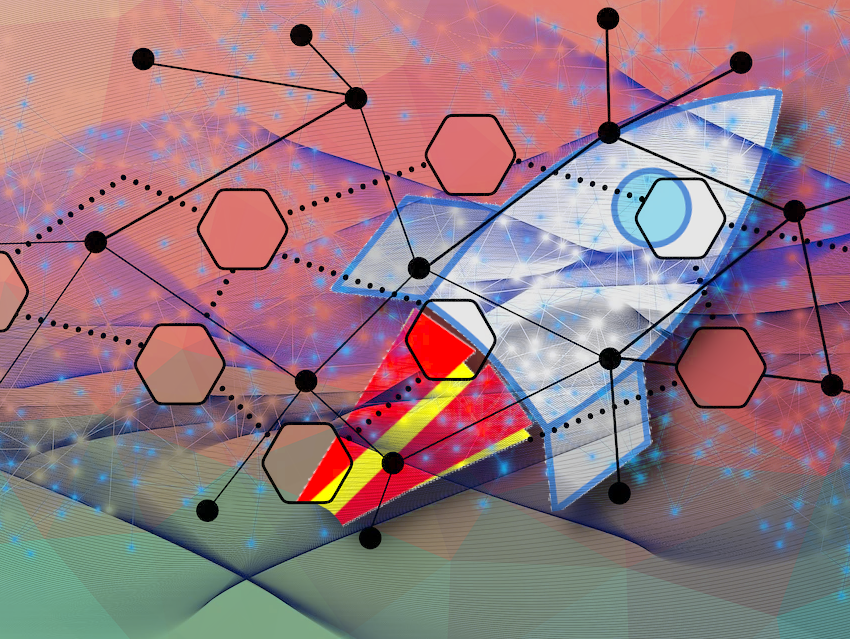Chemistry is very good at finding specific solutions in the lab, creating new molecules and materials that can transform our world. However, in light of rising energy prices, fragile supply chains, global competition, and climate change, chemistry must evolve to become more sustainable, says Peter H. Seeberger from the Max Planck Institute for Colloids and Interfaces, Potsdam, Germany. He is the founding director of the Center for the Transformation of Chemistry (CTC) in Delitzsch and Merseburg, Germany. To achieve this, greater collaboration within the field and with other disciplines, as well as between academia and industry, is essential.
While other sciences have advanced through ambitious “moonshot” projects—a goal as ambitious as the Moon landing of the 1960s, that motivates and brings together researchers from diverse backgrounds—, chemistry has yet to take on such a transformative endeavor—until now. The newly founded Center for the Transformation of Chemistry (CTC) seeks to tackle two grand challenges: the fully recyclable car and the fully automated lab.
Despite high recycling rates for vehicles, most materials, such as plastics and critical components like neodymium or cobalt, are not recovered in reusable quality. The goal is to develop new materials that follow the “Design to Recycle” principle and can be produced on an industrial scale. This includes to research a car that can be produced within a regional circular economy without importing raw materials.
Additionally, automation in chemistry holds significant untapped potential, such as precise control over reactions, high-throughput experiments, and AI-supported data analysis. A fully automated, remotely controlled lab would enable more efficient, data-driven, and creative chemical research.
Both projects require combined forces of the community.
- Lasst uns groß denken,
Peter Seeberger,
Nachr. Chem. 2024, 72, 3.
https://doi.org/10.1002/nadc.20244146749





![Synthesis of [c2]Daisy Chains via Mechanochemistry](https://www.chemistryviews.org/wp-content/uploads/2025/04/202504_RotaxanesWithSolidStateMechanochemistry-125x94.png)